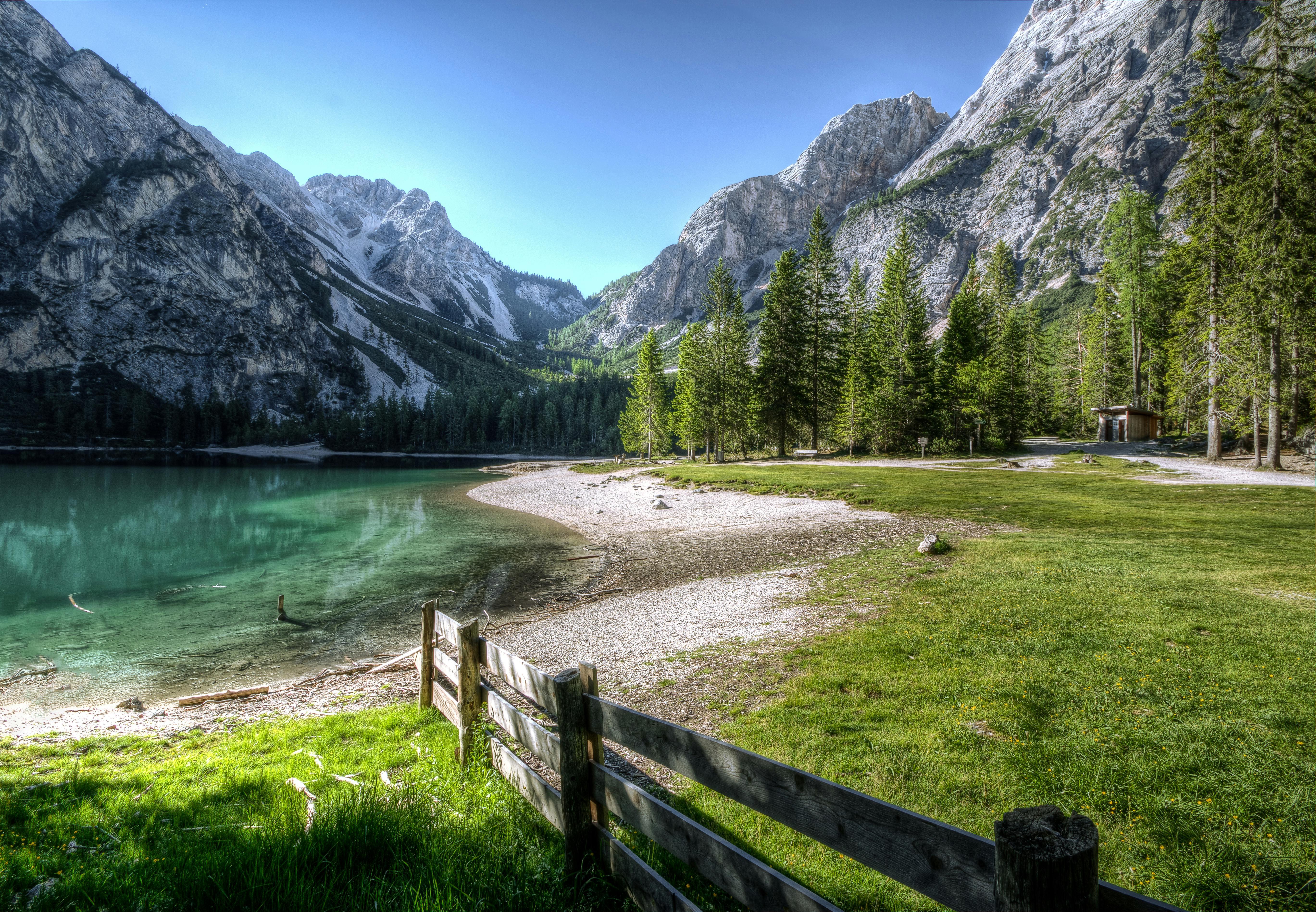
The Dangers of Frozen Pipes
The Dangers of Frozen Pipes
Does anyone else feel like this Ohio winter has been worse than others? The snow just keeps coming and the temperatures are constantly dipping into the low teens and below. I’m sure you also know that these freezing temperatures can pose significant risks to your home, with frozen pipe bursts being one of the most damaging and expensive issues. When water inside pipes freezes, it expands, creating immense pressure that can cause pipes to crack or burst. While the immediate inconvenience is evident, the aftermath of a frozen pipe burst can lead to substantial financial and structural consequences.
Financial Impact
A single pipe burst can lead to thousands of dollars in repair costs. Water damage from a burst can ruin walls, ceilings, flooring, and insulation, necessitating extensive repairs. If left untreated, water damage can also affect electrical systems, posing a fire risk and adding to expenses.
Structural Damage
Burst pipes can release a lot of water into your home, weakening structural components like wooden beams and drywall. This can compromise the integrity, leading to long-term issues such as sagging floors, warping walls, and possibly foundation instability.
Health Hazards
Standing water can also be the perfect environment for mold and mildew growth, which can lead to respiratory issues, allergies, and other health concerns.
Preventing Frozen Pipe Bursts
Preventative measures are crucial to avoid unforeseen issues and expenses. When temps are dipping low, consider opening the cabinet and bathroom vanity doors and let faucets drip slightly to maintain water flow. If you can, insulate exposed pipes, especially in unheated areas like basements and attics. Also, be sure to keep indoor temperatures consistent, even when you’re away.
If a pipe does freeze, act quickly and call a professional for help. Here are some other helpful steps:
- Locate and turn off the main water shut off
- Open the faucets and leave them open to drain the remainder of the lines
- Raise the thermostat and use fans to direct heat into colder rooms
- If you do not have heat, leave the faucets open to relieve pressure in the water lines
- Clean up any water and evaluate whether a professional mitigation company is necessary
- Consult with a professional plumbing firm for thawing the pipes and making any necessary repairs
- Save any broken pipes from the plumbing repairs for evidence and inspection
- Move any personal belongings from affected areas into unaffected areas of the home. If personal property items are damaged, compile an inventory and keep all items until the inspection can be performed. In areas where this is not possible, please take good photos of all damaged personal property.
While we can’t control the weather, we can take proactive steps to reduce the risk of frozen pipes. The goal is to save you from significant stress, expense, and long-term damage. If you have questions about your homeowner's policy, give our office a call.
Crosby Advisory Group, LLC is a registered investment advisor providing financial planning, insurance and business growth strategies. This newsletter is for information purposes and does not represent individual investment advice. Not all investments are suitable for all people. You should carefully consider all risks and fees before making an investment.

